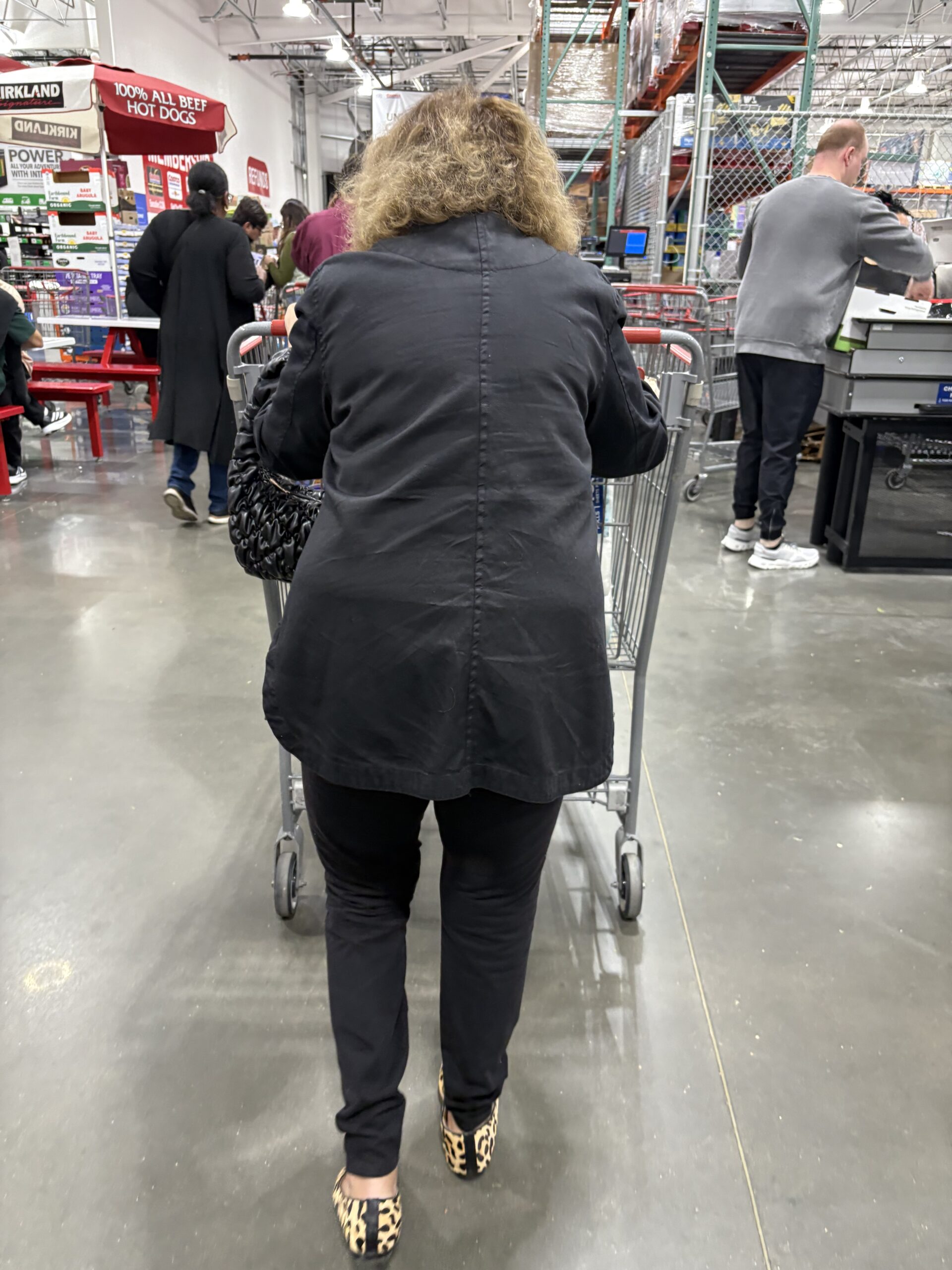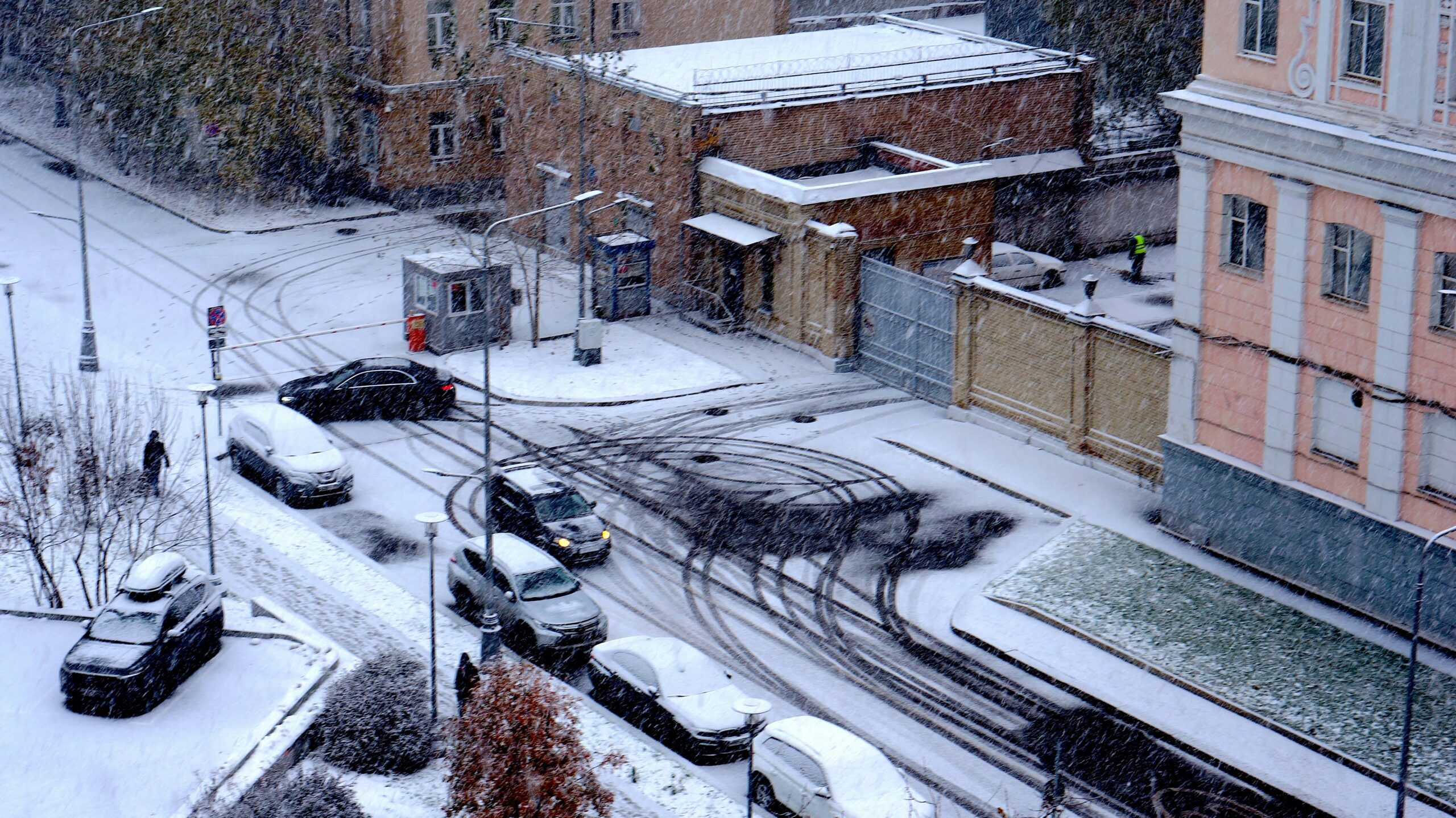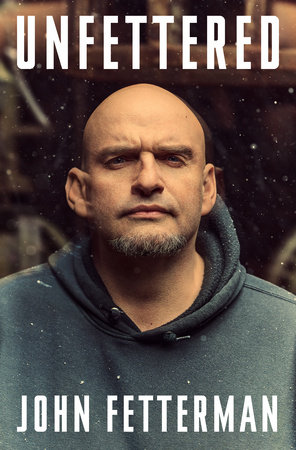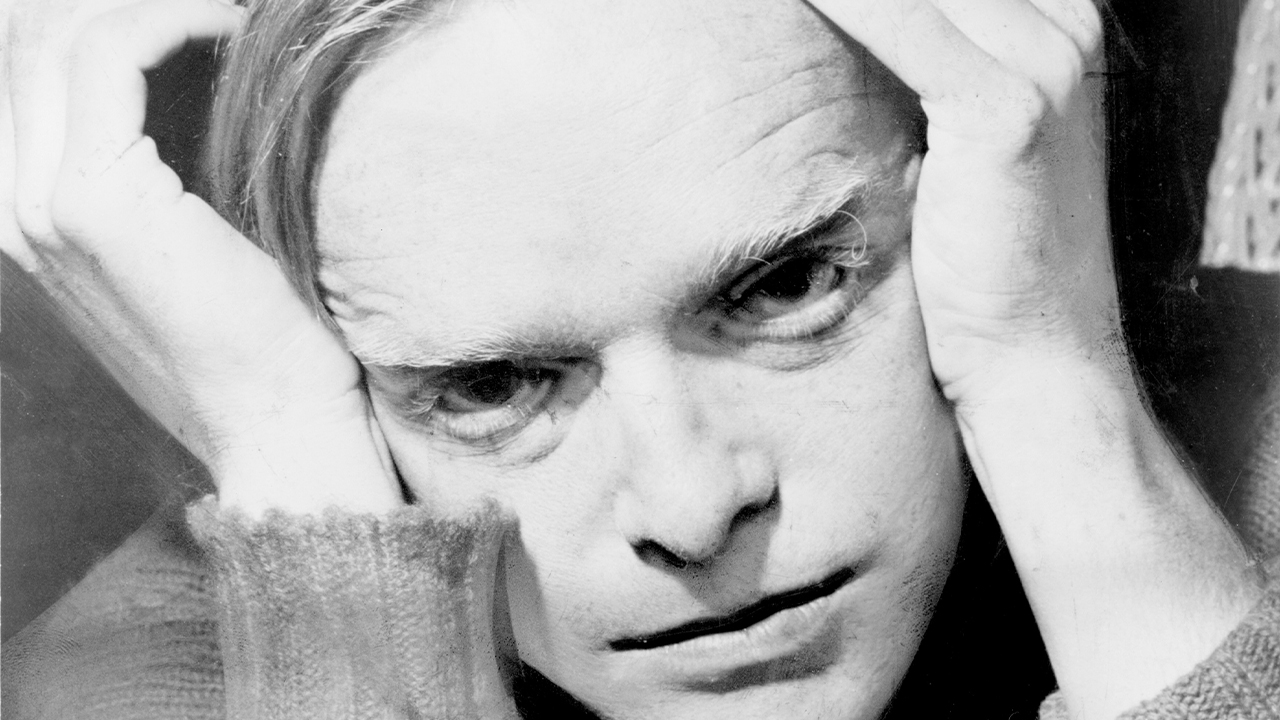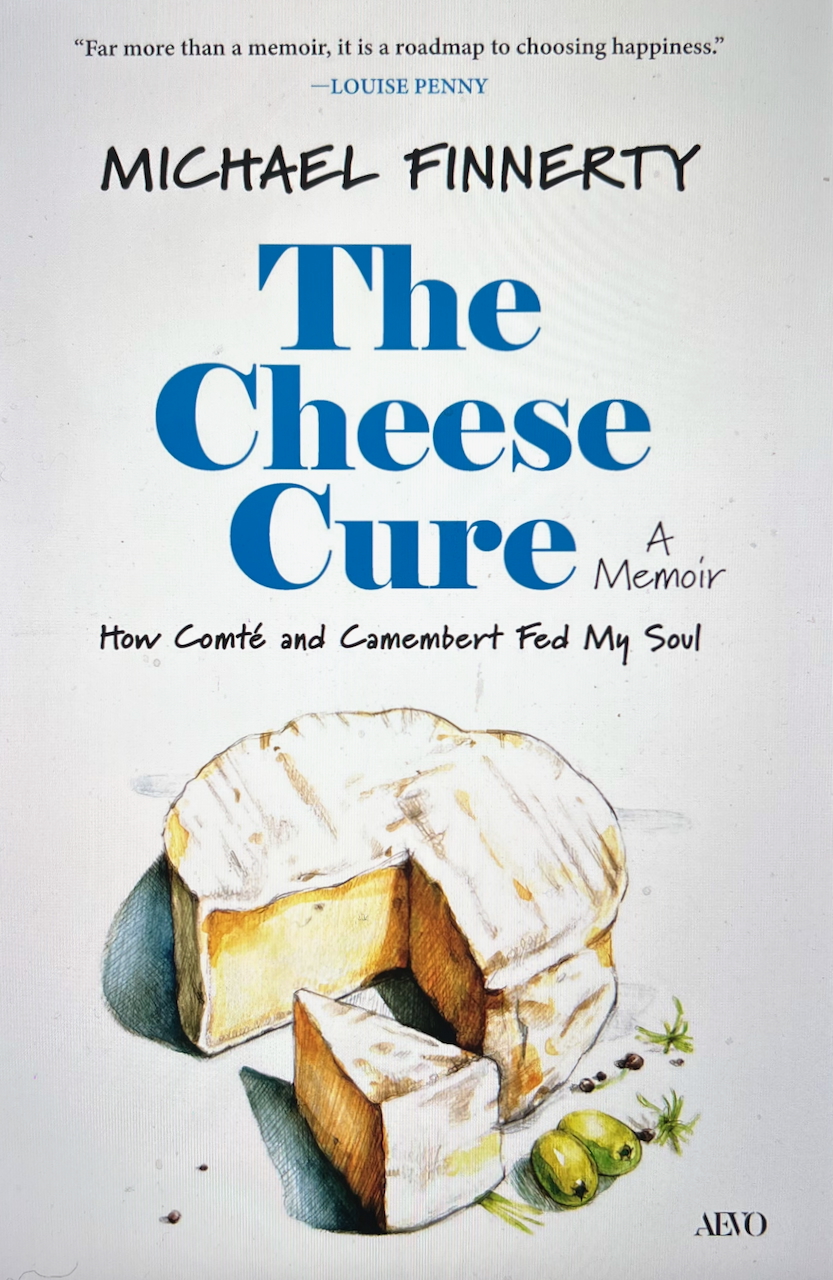Flea of Judge Nothing Is Gone: Farewell to a Punk Rock Bass Player
By Chris King
October 4, 2024

Flea Bodine was a very particular type of rock musician, almost only found playing bass guitar, which would become Flea’s instrument, or rhythm guitar. This is the musician who is drafted into a band in need of a particular instrument that is not especially difficult to learn and who then learns that instrument so he can be in the band.
This was the fate of a punk rock bass player Flea would have admired and adored, Tommie Stinson of The Replacements, who was taught the bass guitar by his older brother Bob Stinson, because Bob needed a bass guitarist in his band (then called Dog Breath) and was able to push around his little brother and make him do whatever he wanted.
Other than the oppressed little brother, the other musician of this type—who learns an instrument to join a band —is the buddy. With the buddy variant, you have a band and you need, say, a bass player—you have had nothing but boring or problematic bass players who ended up quitting the band or getting kicked out. So, rather than finding a bass player and hoping he becomes a buddy, why not find a buddy and make him into a bass player? Flea’s buddies Andrew Dykeman and Doug Raffety from his hometown of Alton, Illinois, drafted him into their band Judge Nothing, and in time Flea became a perfectly good punk rock bass player.
The bass player who preceded Flea in my experience of Judge Nothing was Carlos Huddleston, who was neither boring nor problematic but did leave the band. Unlike Flea, who for a number of shows would play bass guitar like someone painting by numbers, Carlos was conversant with the neck of a bass guitar and appeared more at home in the physical confines of his own human body than Flea. Flea took his name, not from a much more famous and agile bass player for the Red Hot Chili Peppers (who had a cameo in The Big Lebowski), but rather from his somewhat spastic demeanor that was evident from his earliest age until what became his last.
Flea Bodine died October 1, 2024, at the age of 58. Not only was he remembered as Flea in his own obituary, but he had been identified as Flea Bodine in the obituary of his father Mont, who proceeded him in death by four years and was responsible for the nickname that became his son’s name.
I first saw Carlos manning bass guitar in Judge Nothing at a house party in Edwardsville, a leafy southern Illinois town and home to Southern Illinois University. Andy, Doug, and Carlos were all playing their pop punk songs wearing upturned empty buckets of Kentucky Fried Chicken on their heads. Stunts like that would have appealed to Flea, who may have been at that party—he was a fan of his future band as long as I was, and I was a very early adopter. I did miss Doug and Andy’s precursor band of Club Zero (this was a band, you could say, that went from Zero to Nothing) when Bill Buzan held up bass guitar duties.
Flea’s is not one of the gleeful voices belting out the chorus in one of Judge Nothing’s goofiest musical efforts they committed to tape. Carlos was still playing bass and yelping along at that point. The guys who performed wearing upturned buckets of chicken on their heads were capable of any manner of outlandish stunts, but in their recordings they typically come across as a more serious—at times, a most serious—punk rock band. Not on “Bean Dip.”
“Bean Dip” appeared on an early Judge Nothing cassette release, Shoe Bob (1989), which was itself a goofy way to refer to a man also known as the Alton giant, Robert Wadlow. “Bean Dip” features what must be considered one of the band’s most memorable baseline, and it is the only Judge Nothing song of which one can say that the bass is the primary instrument. Flea came along just fine as a bass player, and he made that propulsive bass line—not to mention the gleeful cry of “Bean Dip!”—his own.
By the time Judge Nothing had a record label (Thick Records) and was going out on the road on full-blown national tours, no one would have heard them, on record or on stage, and guessed the bass player ever played paint-by-number parts. However, the core of Judge Nothing was the beautifully melodic and crystalline voice of Doug Raffety, blended against the grungy jangle of his guitar and Andy Dykeman’s primal drum parts. It was the Andy and Doug show, and it was always going to be the Andy and Doug show—with a bass player.
But not on “Bean Dip.” “Bean Dip” is almost nothing but a repetitious bass line and gleeful chirps hyping the food type, “Bean Dip!” There is what you might call a chorus where Raffety devotes his angelic voice to very mundane ruminations about his junk food of choice (“I’m eating okay—I’m eating what I like”). It is fitting that Flea would lead and dominate countless joyous live performances of their goofiest recorded song.
I could tell from watching Judge Nothing closely for almost all of its musical life that Flea was a perfect choice for a buddy to learn bass to keep that band on the road. He was absolutely the nicest human being you would ever meet—the kindest, most positive, most energetic person you would ever meet.
Flea was always moving. True to his name, he never stood still for long. Indeed, you could say he flitted. He was smiling at you and slapping your back or hugging you, he connected with you, but, it always seemed, briefly. He had intimates—for example, Andy and Doug—but most of us knew Flea in passing. There would be this electrifying jolt of smile and good energy, that was Flea, and then he would move on. Flea would be gone.
With Judge Nothing, I always got absorbed in Doug’s beautiful voice and the way he played a solid electric rhythm guitar part while adding licks, fills, and solos to fill out the sound of a power pop punk trio. I would get lost looking at Andy, admiring his anthemic drum parts, his mane of frizzy blonde hair and his slightly unhinged grinning. With Andy you did not exactly know what was going to happen next, and that must have made someone like Flea, who was so innately open to opportunity and adventure, such a wonderful running mate. In a room with Andy, Doug and Flea, though, one tended to focus on Andy and Doug. Flea was a bright smile and big dose of good energy—plus the base lines you need to have a power punk trio—then he was gone.
Playing punk rock, for many of us, was an interruption in our lives that was irresistible at the time, however it might appear looking back from middle age at a decade of your best years spent touring the country with your friends in a smelly van to play your own songs to strangers in a different city every night.
Judge Nothing was one of the first bands in the St. Louis post-punk scene that just got out there and did it. They were inspired by and became friends with The Descendants, which became All, who helped create the template. This was the punk rock DIY ethic in its infancy, when for the first time bands were hitting the road and creating tours out of VFW halls, community centers, house parties, basement bars, and pop-up punk clubs.
By the time of Judge Nothing’s follow-up to Shoe Bob—a cassette release with a literally cheesy title, A Cheese Sampler (1990)—Flea was the bass player and the road already was wearing thin for the guys’ girlfriends. They all were hit with a make-or-break ultimatum at about the same time: It was the band or the girl. If you go back on the road, take your stuff with you when you go. In retrospect, they probably already were seeing what might have looked like diminishing returns, though there was not going to be any settling down yet. There is a song on A Cheese Sampler, “Old Houses,” about that moment.
“Old Houses” is a Judge Nothing rarity in that it opens with a bass line. Flea walks us into this song about moving on. Of course, he would—Flea was always moving on. He was here, he was there, so warm and so bright, then he was gone.
“Old Houses” has one of the best lyrics in any Judge Nothing song: “I’ll take my chances, you take your chances with you when you leave.” Everyone who knew these guys—and most of their early fans, like me, became friends—knew they were singing about their own lives. They were taking their chances and moving on from the more settled part of their lives.
I remember seeing all three of them on stage playing that song and looking around and seeing none of their girlfriends, who were by then their former girlfriends. All three guys would go on to share their lives with wonderful women after giving up the mad dream of making music. But I remember looking at Andy, Doug and Flea and thinking these guys are pretty courageous. They really must believe in their music. They really must believe in each other.
Andy was thumping his toms and shaking out his Midwestern surf bum scraggly curly locks, Doug was gazing at his preppy shoes and tricking a rhythm guitar sequence into a little lick to bring alive the turnaround to the next verse, and Flea was thrumming on the bass guitar and smiling. Flea was looking out at all of us, playing music with his buddies, pulsing with energy, rising up and down on the tips of his toes, and he was smiling.
Services for Flea Bodine will be held Saturday, October 5 at Gent Funeral Home in his beloved hometown of Alton, Illinois.
